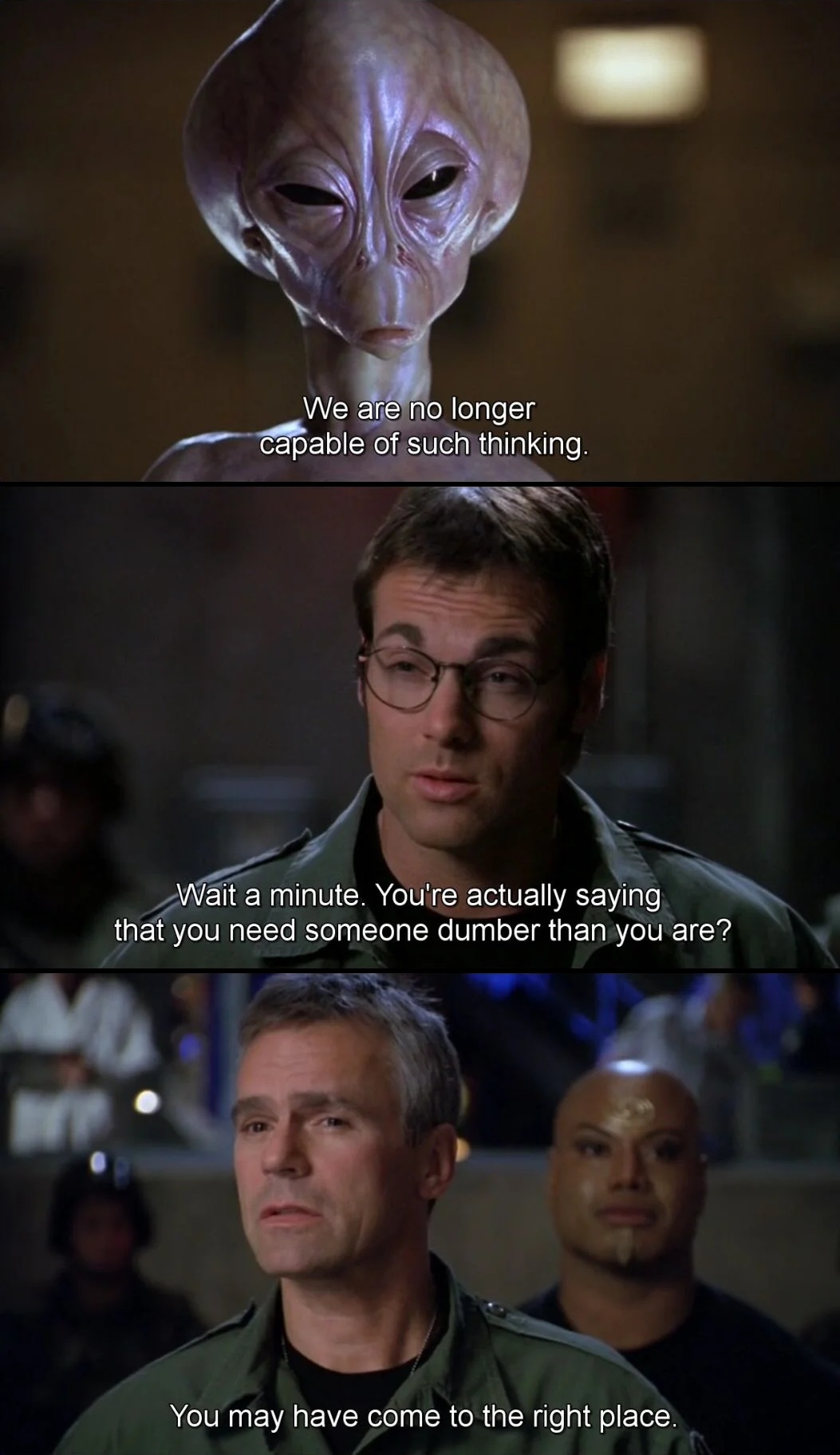Pantheism is the belief that divinity isn't separate from creation.
This means to ascribe to the philosophy permeating most modern esoterism that in the beginning, before time there was void, and void formed itself into existence simultaneously with the first sound/vibration or "thought" as some call it. Given the logic that to exist outside of existence by definition is impossible, it follows that divinity is all things, the light, the darkness, life, the sacred and the worthless alike, and even all the things that you would doctrinally consider evil, as opposed to some entity floating around apart from or in yet separate from the cosmos. Alternatively stated, divinity can be cipher of nothing.
Consequently, whether or not you believe in the quiddity called "God," we are talking about the cosmos and therefore the same thing, though specifically with the assumption here being existence itself having consciousness we fail to understand. To counter my own argument, I quote Christopher Hitchens, "That which can be asserted without evidence, can be dismissed without evidence." This is a statement with which I absolutely agree, yet at the same time cannot discredit my assumption with any known observation. Herein lies the doxastic basis for understanding how a thing would exist, and thus the hypothesis should be entertained unless proven false.
The view that led me personally here is that organic life forms are conscious, and also confined to the rules of physics, acting in a sense as electrochemomechanical entities. Smaller components can be considered as conscious. Although countless particles behave in a predictable way, they act nonetheless, a feature of consciousness. They are partitions of space and function throughout time, so then all things and spacetime itself can be viewed as conscious. While this is a weak argument, it is the one that leads to the concept of divinity uncontaminated by religious contortion. Furthermore, I would like to point out that some people, namely sociopaths, only view people as machines, so the authenticity of the concept of consciousness at all has at least been questioned on a basic level. In response and with the said philosophy, I would argue that either all things as a whole either are or are not conscious. This appertains to all computers from the simplest calculator to the most sophisticated artificial intelligence.
How you choose to look at it is only a further reach of existence, so for example, assenting to either polar extreme of esoterism or modern nihilism compares to viewing two sides of the same coin, much in the same way voting left or right wing is for the same bird. Although in this matter, accepting a unique view would facilitate some form of conscious evolution while still living in our current state of being. The user Red Monaca on another site addresses a precursor to this in discussing what our senses and technology cannot perceive
here, stating that "perspective is a horizon" and arguing that anything outside of it is essentially unknowable. We must push the horizon farther out on both a social and personal level in the same way we discovered new continents.
All things have a beginning where all was one, an infinitesimal point in space and time observable only in the inception of time. The size has not changed, but rather appears to expand in a reference frame we may only perceive as from "inside of it." This statement neither favors nor strays from the claim that all things are still connected. Notwithstanding the limitation, if the universe were truly apart from itself, then the laws of physics would vary depending on location, a phenomenon yet observed. While secluded in our corner of spacetime with the inability to see far away objects much more closely, we can only presume for our current understanding that the same physics apply everywhere until proven otherwise. As a result, this allows for the assertion of the thesis stating all things as connected. Expansion happens with matter and thought only in interaction while still being tied to their supersets, i.e. space and mind, subsequently forming apparent partitions of a whole, since
infinitesimal fundamentally cannot be divided.
Ironically, this has led to arguments that the divine is alone and we are always on the edge of non-existence. The former would imply we only exist as the divine's imaginary friends, similar to a dissociated configuration of solipsism, which has been discredited as an incoherent philosophy (using circular logic) at its origin. The latter would mean the denial of the spacetime manifold, which we know exists because we have
observed the movement of space itself. Some argue specifically that everything is as the divine envisioned it, which would mean that all of reality exists in the divine mind. Furthermore to this reasoning, if there is a separation between mind and spirit as some also rationalize, then the spirit of it is the love of existence leading to its creation.
Trying to understand a cosmic consciousness, our sub-planetary sized minds will open doors for
logical fallacies when taken into account our lack in elevation of thought. For example, when calculating an orthogonal value in 2D vector spaces, the vector product is inaccessible since it only functions in 3 and 7 dimensions. The logic is there, but we cannot use it because those dimensions are outside the field in question, and therefore the logic might as well not exist to us. On our current level of reality, with our inability to answer questions as simple as whether or not certain particles even exist, we could not currently understand divinity in it's entirety. So it would appear that expanding our horizons by trial and error will be the only course for a higher view of divine nature through a stair step process. Which leads us into the subject of faith.
Return to top






 None of these are valid reasons for believing in the supreme being, however none of them are valid points as anti-divinity arguments either, since they point to the faults of ignorant people and not the pro-divinity argument. Unfortunately for everyone else, the symptoms of these points are witch hunts, book burning/banning, crusades, and people like
None of these are valid reasons for believing in the supreme being, however none of them are valid points as anti-divinity arguments either, since they point to the faults of ignorant people and not the pro-divinity argument. Unfortunately for everyone else, the symptoms of these points are witch hunts, book burning/banning, crusades, and people like 
